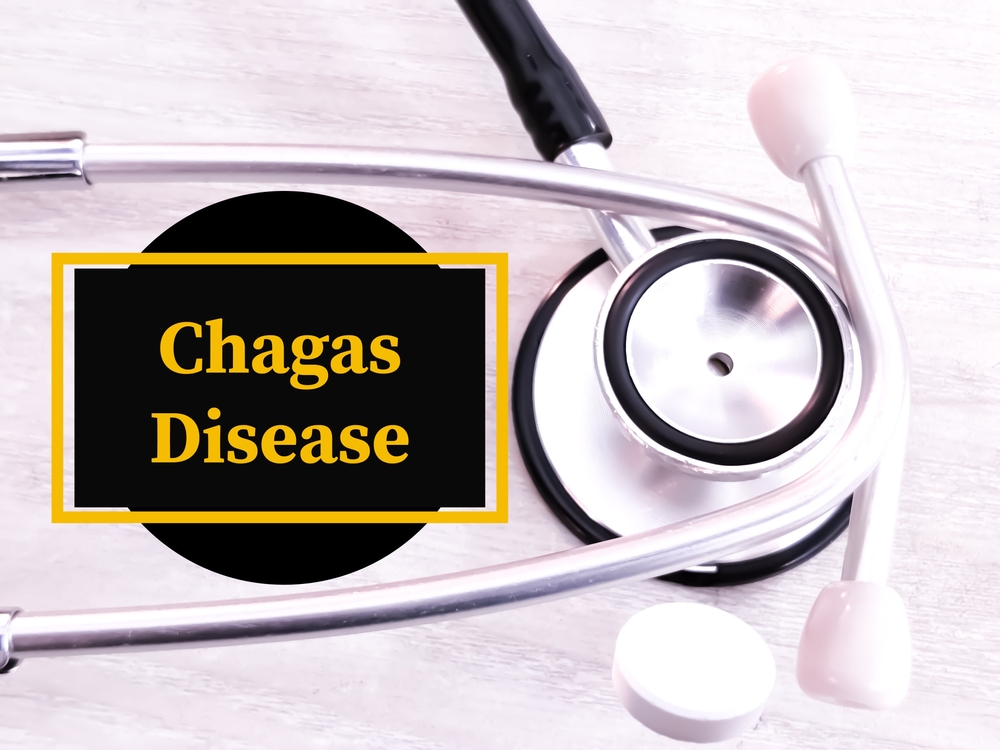Arq. Bras. Cardiol. 2024; 121(8): e20240426
Why Treat Chronic Forms of Chagas Disease with Benznidazole if Adverse Reactions are Very Frequent?
This Short Editorial is referred by the Research article "Causality and Severity of Adverse Reactions and Biochemical Changes to Benznidazole Treatment in Patients with Chronic Chagas Disease".
After the successful control of vector and transfusion transmission of Chagas disease (CD) in Brazil and other endemic countries in Latin America, the current challenge is the control of congenital transmission of the disease. However, we still have a large contingent of people infected with Trypanosoma cruzi in the chronic form, estimated at around 3.7 million individuals in Brazil alone, with approximately 590,000 of them being women of childbearing age.
Two treatment guidelines for CD were produced by the Pan American Health Organization and the Brazilian Ministry of Health in 2018., These guidelines define the degrees of recommendation for trypanocidal treatment, with an emphasis on newborns, children and adolescents, women of childbearing age, and adults with the indeterminate clinical form up to 50 years of age. Studies in these populations have proven the efficacy of etiological treatment in the chronic form of CD, which leads to a cure in children, impacts vertical transmission, and reduces the risk of progression of the disease to the cardiac form.–
[…]
Keywords: Chagas Disease; Drug Eruptions; Therapeutics
362

